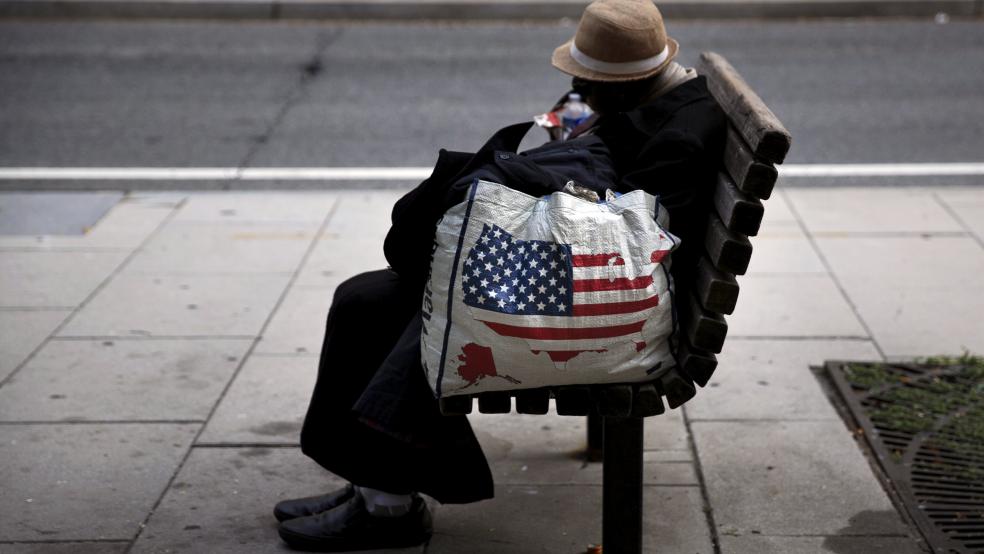More than 22 million Americans, young and old, were lifted out of poverty last year because of their Social Security benefits, according to a new analysis from the left-leaning Center on Budget and Policy Priorities. That includes more than 15 million people 65 and over, nearly 6 million adults between 18 and 64, and almost 1.1 million children.
Not surprisingly, Social Security makes the biggest difference among the elderly. Without those benefits, two out of five of older Americans would have incomes that fell below the poverty line, as defined by the Census Bureau.
Related: This Year’s Social Security Cost of Living Hike Buys a Starbucks Frappuccino
The impact is more profound among elderly women and minorities, according to the report. Social Security lifts 8.8 million elderly women out of poverty, helping to offset setbacks from earning less than men over their lifetimes, taking time out from paid work, saving less and getting smaller pensions.
Almost 45 percent of Latino seniors — nearly 1.1 million — would be in poverty without their Social Security benefits, while over half of elderly African-Americans — almost 1.4 million people — would be poor, due to lower-than-average lifetime earnings and fewer opportunities to save for retirement, the study notes. The analysis did assume that income from sources besides Social Security would stay the same with or without the entitlement program’s benefits.
Without Social Security, more than half the seniors living in Alabama, Arkansas, Kentucky, Louisiana, Mississippi and West Virginia would be living in poverty. The program also boosts more than a million seniors above the poverty line in Florida (1.4 million), California (1.2 million) and Texas (1 million).
Related: How Children Got Lost in the Debate Over Social Security Reform

Children also benefit from Social Security, the study points out. About 9 percent of all U.S. children — or 6.5 million — lived in families that received Social Security income in 2015. That includes 1.6 million children whose parents had a severe disability, 1.2 million children who were the survivor of a deceased worker and 331,000 children whose parent or guardian was retired. The remainder lived with family members who received Social Security.






